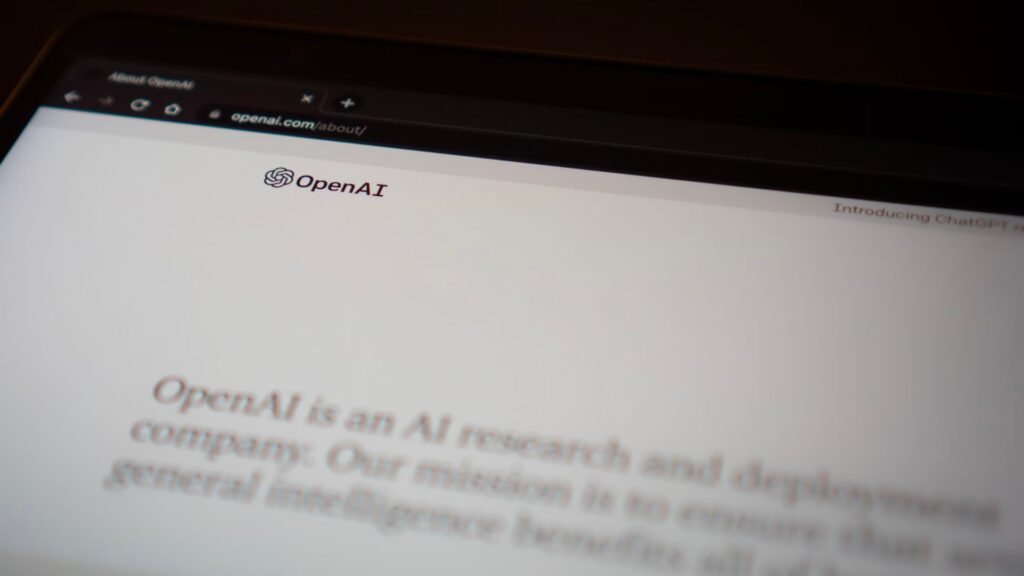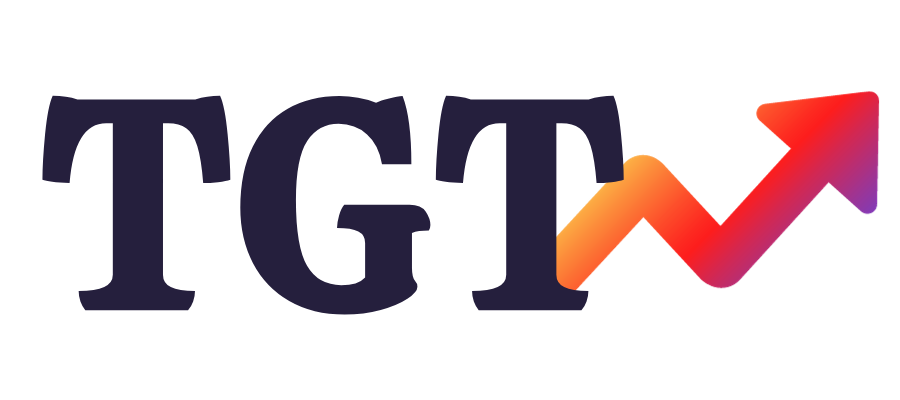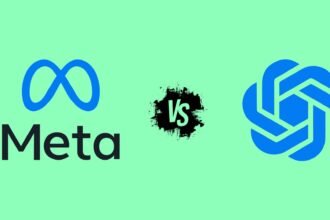OpenAI is an AI research organization focused on developing beneficial artificial intelligence safely. Their remarkable inventions include AI systems for content creation to robotics automation.
However, not all countries have access to OpenAI’s offerings due to complex legal and operational constraints. As OpenAI inventions like ChatGPT go mainstream now, understanding availability challenges is vital.
This guide examines the primary reasons why OpenAI restricts services globally, along with potential workarounds.
What is ChatGPT and Why is it Significant?
ChatGPT is a conversational chatbot that can understand natural language, answer questions accurately, perform tasks, and generate coherent content. It represents a significant AI advance, demonstrating human-like language mastery capabilities.
Launched in November 2022, ChatGPT instantly wowed users globally with its eloquent responses on diverse topics. With over 100 million users by January 2023, it signals the dawn of the “age of AI”.
Why OpenAI Service Is Not Available In Some Countries
Below are the possible reasons why ChatGPT is not available in some countries

1. Complying With Local AI Regulations
Every nation worldwide maintains unique rules, laws, and compliance standards surrounding artificial intelligence tech and data privacy. OpenAI must adjust deployments to satisfy country-specific regulations.
Complex policy hurdles combined with bureaucratic red tape delays full-scale ChatGPT releases. OpenAI prioritizes expansion in regulated markets once achieving regulatory alignment.
2. Technical Infrastructure Limitations
Delivering cutting-edge AI requires robust cloud computing resources and high-speed data networks many countries lack. OpenAI services remain unreliable or infeasible regions lacking digital infrastructure scaled for advanced systems.
Building out such backbone technologies is costly and time-intensive but a precursor to availability in developing digital markets.
3. Catering to Language and Cultural Nuances
For ChatGPT to resonate locally, OpenAI adapts models to align with regional languages, dialects, and cultural sensibilities. This localization process needs extensive fine-tuning.
Priority goes to languages with the most native speakers like Chinese and Spanish. Expansion to less prevalent languages follows.
4. Strategic Business Decisions
As a commercial enterprise, OpenAI weighs viability factors like addressable market size, revenue potential, competition levels, and operational costs.
Countries meeting profitability and scale thresholds for sustaining services receive prioritization over smaller markets.
5. Attempting Workarounds
Users in unsupported countries have found techniques for accessing ChatGPT despite restrictions. Common examples include VPNs, proxy services, third-party APIs, developers’ beta modes, and translating content after generating via ChatGPT.
However, workaround attempts may violate OpenAI’s terms, carry legal risks, or offer limited functionality. Tread carefully.
How to Access OpenAI Services from Restricted Regions
You can follow below ways to use OpenAI service incase OpenAI services has blocked in your country.
1. Use a Reputable VPN Service

A Virtual Private Network (VPN) masking your IP address is the simplest route to bypass geographic blocking. By appearing to access the internet from a supported country, you can use OpenAI freely.
We recommend NordVPN, ExpressVPN and Surfshark for bypassing restrictions. These paid services provide secure encryption and high speeds.
2. Generate Temporary Email and Phone Numbers
Creating disposable email and phone numbers to register for or verify your OpenAI account often does the trick.
AnonEmail, Temp Mail and Temp Number are some reliable platforms to obtain temporary credentials quickly.
3. Explore Alternative AI Services
If unlocking OpenAI remains challenging, exploring Google Imagen, Descript or Jasper could be worthwhile. While not direct substitutes, these AI tools have significant overlapping capabilities.
4. Collaborate for Access
Partnering with entities in OpenAI-supported regions can enable access, although this solution has logistical and legal implications worth examining closely.
5. Contact OpenAI Support
Reaching out to OpenAI’s support team should provide customized guidance if the above tactics prove ineffective. Do frame your specific constraints accurately to get helpful inputs.
FAQs: How To Access OpenAI Services
-
Why is OpenAI’s service, including ChatGPT, not available in some countries?
Reasons include compliance with local AI regulations, technical infrastructure limitations, adapting to language and cultural nuances, strategic business decisions, and operational challenges.
-
How does local AI regulation affect the availability of OpenAI services in different countries?
Each country has unique AI laws and data privacy standards. OpenAI needs to align with these regulations, which can delay the launch of services like ChatGPT in certain regions.
-
What are some common methods users in restricted countries use to access ChatGPT?
Users often resort to VPNs, proxy services, third-party APIs, developers’ beta modes, or translate content post-generation, though these methods might violate OpenAI’s terms or carry legal risks.
-
What are some recommended ways to access OpenAI services from a region where they are restricted?
Using a VPN, creating temporary email and phone numbers, exploring alternative AI services, collaborating with partners in supported regions, or contacting OpenAI support for guidance.
Conclusion
We hope this post has helped you better grasp OpenAI’s background, the extraordinariness of ChatGPT, as well as the multi-faceted policy, legal and operational constraints impacting availability.
While OpenAI strives for responsible global access, targeted workarounds suit individual country environments best currently.
Stay tuned for accessibility updates as the future unfolds! Let us know if you have any other questions in the comments below.









